Medical Makeovers: Improving Ethnic Health Facilities to Meet Community Health Service Needs3/1/2020
With support from the Access to Health Fund, Community Partners International is working with ethnic and community-based health organizations in Myanmar to improve community health facilities. This initiative is helping to refurbish and equip 16 facilities so that they can deliver a basic essential package of health services to conflict-affected, hard-to-reach and under-served communities. For decades, communities in Myanmar’s active conflict zones have relied on networks of health workers and health facilities operated by ethnic and community-based health organizations (ECBHOs) for access to basic health services. Working in incredibly challenging settings, and often at significant risk, these community-based health providers are a lifeline for hundreds of thousands of people who have no other trusted or accessible source of health care. With an ongoing peace process providing greater stability and increased operating space, and growing coordination and cooperation with the Government of Myanmar around shared interests in health, these ethnic and community-based health providers are playing a key role in contributing to Myanmar’s aspiration to attain universal health coverage (UHC) by 2030. Embedded in their communities, they have unique bonds of trust and decades of experience delivering health services to these under-served and hard-to-reach populations. Community Partners International (CPI) is leading the implementation of the Access to Health Fund’s Health Systems Strengthening (HSS) activities in Kayah, Kayin, Mon and Shan States in Myanmar in partnership with the Ethnic Health Systems Strengthening Group (EHSSG). EHSSG is a coalition of ECBHOs that includes the Back Pack Health Worker Team (BPHWT), the Burma Medical Association (BMA), the Civil Health and Development Network (CHDN), the Karen Department of Health and Welfare (KDHW), the Loi Tai Li Health Center (LHC), the Mae Tao Clinic (MTC), the Mon National Health Committee (MNHC), the Pa-Oh Health Working Committee (PHWC), and the Shan State Development Foundation (SSDF). CPI is helping EHSSG to strengthen their capacity to deliver a basic Essential Package of Health Services (EPHS) to populations in their coverage areas, including expanded maternal, newborn and child health (MNCH) care, nutrition, sexual and reproductive health rights (SRHR), mental health and immunization. The rollout of the basic EPHS is a core component of the Myanmar Ministry of Health and Sports (MoHS)’s National Health Plan, 2017-2021 (NHP). The network of health facilities operated by these EHOs has been sustained with minimal funding or infrastructural support. As a consequence, many are in need of upgrading so that they are sufficiently equipped to deliver an integrated package of health services. In 2019, CPI worked with EHSSG to prioritize 16 health facilities for improvement during 2019 and 2020. These facilities were selected by EHSSG on the basis of a range of criteria, including the existing competency of health workers, positive engagement of local leaders and the community, the results of onsite facility assessments, and the expected number of pregnant women and the total population covered in catchment area. All 16 are currently designated to provide emergency obstetric care (EmOC) in addition to basic primary health services. Further to the initial assessments, CPI and EHSSG representatives visited the villages to meet with the Village Health Committees for consultations to identify and prioritize the improvements required at each health facility. In 2019, CPI and EHSSG completed the improvement of six out of the 16 health facilities at a total cost of 36,524,550 MMK (c. US$ 24,350 at the time of writing): These health facilities are now better able to provide an integrated package of health services to their communities. CPI and EHSSG will proceed with an additional 10 health facility renovations during 2020. CPI is continuing to support EHSSG with training and investment to strengthen the health workforce and improve health facility and health service management. Below are the assessments of each facility improved to date under the project, with a description of the improvements completed. 1. Htee Hpa Htaw (Kyainseikgyi Township, Kayin State) Key needs identified:
Improvements completed:
The local community donated labor, carpentry and transportation costs for the construction of the health worker accommodation. Total cost of renovation and equipment: 10,577,100 MMK (c. US$ 7,000 at time of writing) 2. Kyaw Hta (Kyainseikgyi Township, Kayin State) Key needs identified:
Improvements completed:
Total cost of renovation and equipment: 3,965,900 MMK (c. US$ 2,644 at time of writing) 3. Kyay Ka Doh (Thandaunggyi Township, Kayin State) Key needs identified:
The local community donated labor and piping to help build the water reservoir, water intake, piping channels and install solar lights. Total cost of renovation and equipment: 6,548,100 MMK (c. US$ 4,365 at time of writing) 4. Ler Wah (Shwegyin Township, Bago Region) Key needs identified:
Improvements completed:
Total cost of renovation and equipment: 7,189,250 MMK (c. US$ 4,793 at time of writing) 5. Naung Khai (Kawkareik Township, Kayin State) Key needs identified:
Improvements completed:
Total cost of renovation and equipment: 5,308,000 MMK (c. US$ 3,539 at time of writing) 6. Noh Pha Htaw (Kyainseikgyi Township, Kayin State)
Key needs identified:
Improvements completed:
The local community donated labor and materials to construct a garbage incinerator to be used by the health facility and the community school. Total cost of renovation and equipment: 2,936,200 MMK (c. US$ 1,957 at time of writing) These health facility refurbishments were supported under the Access to Health Fund’s Health Systems Strengthening component in Myanmar. Comments are closed.
|
AuthorCPI Admin Archives
July 2024
Categories
All
|
|
|
COMMUNITY PARTNERS INTERNATIONAL
580 California St Fl 16, Ste 1658, San Francisco, CA 94104-1068, USA [email protected] +1 510 225 9676 We are a registered nonprofit 501(c)(3) Public Charity. TAX ID 94-3375666 |
©
Community Partners International

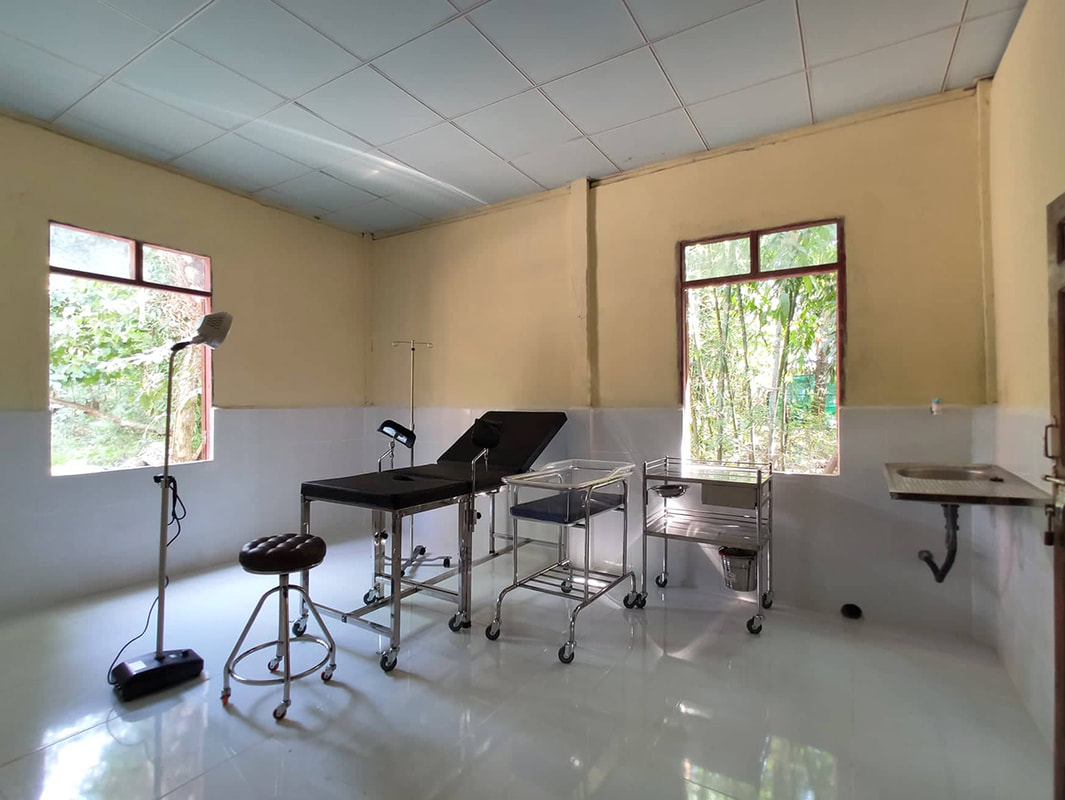
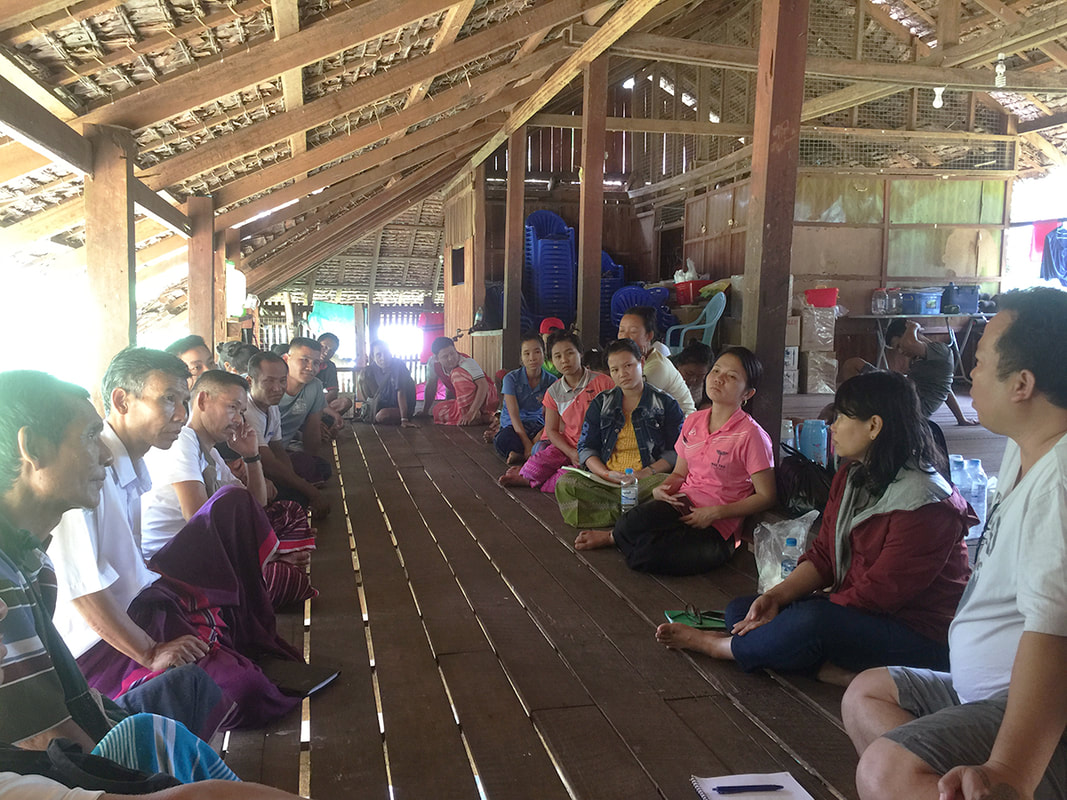

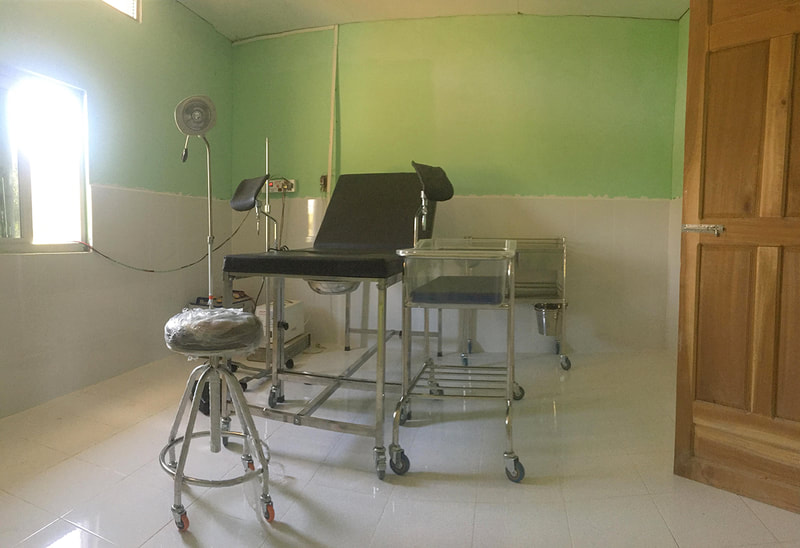
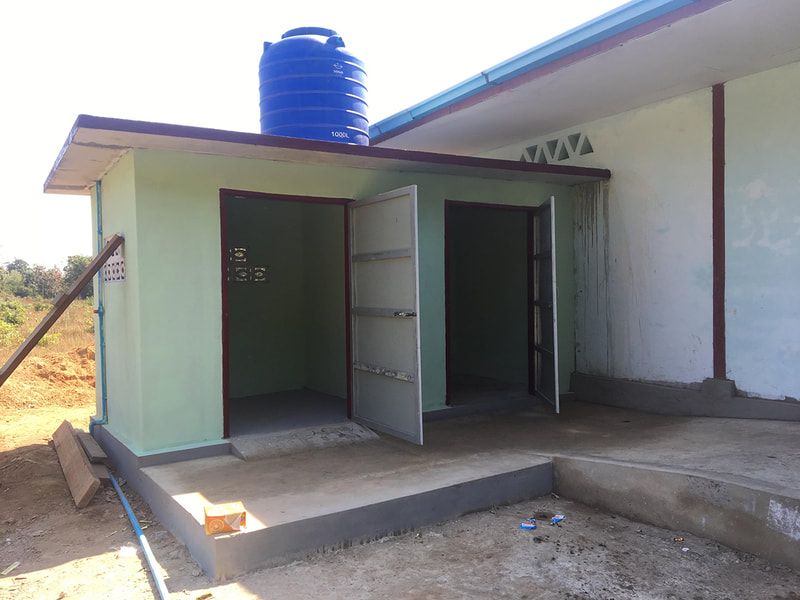
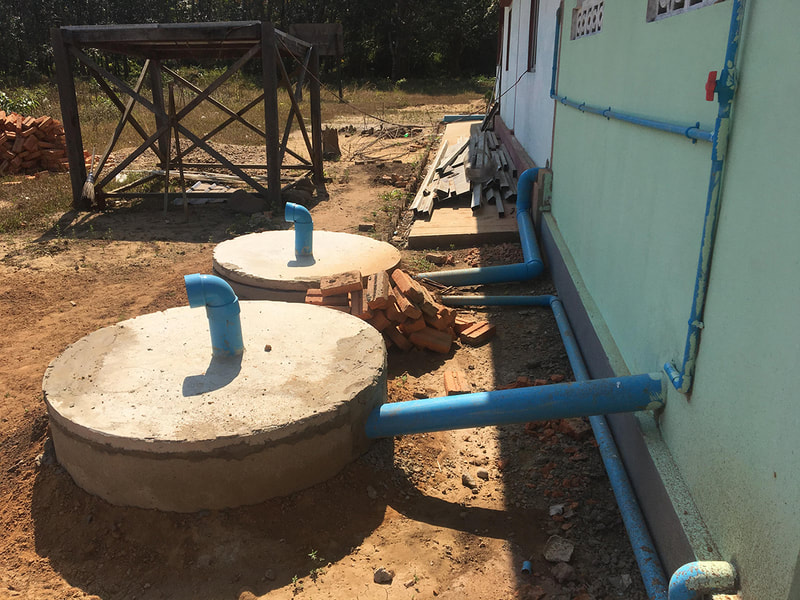
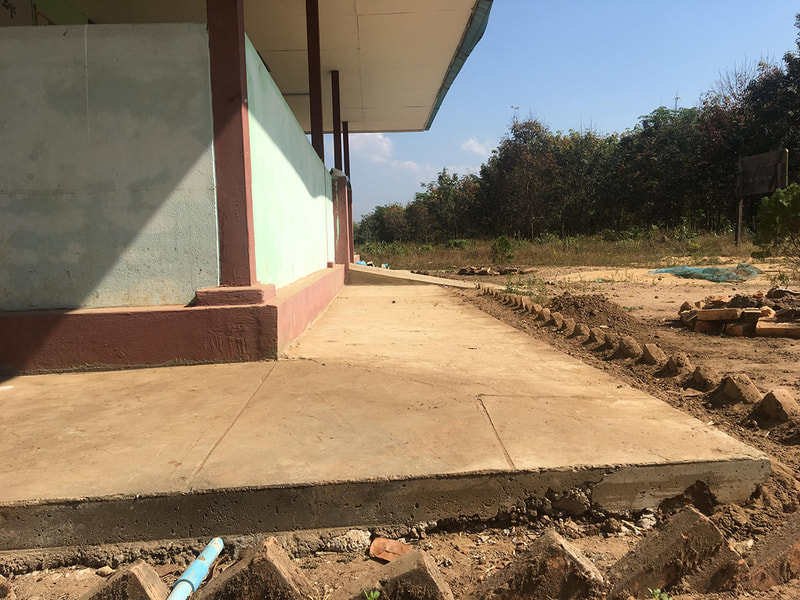
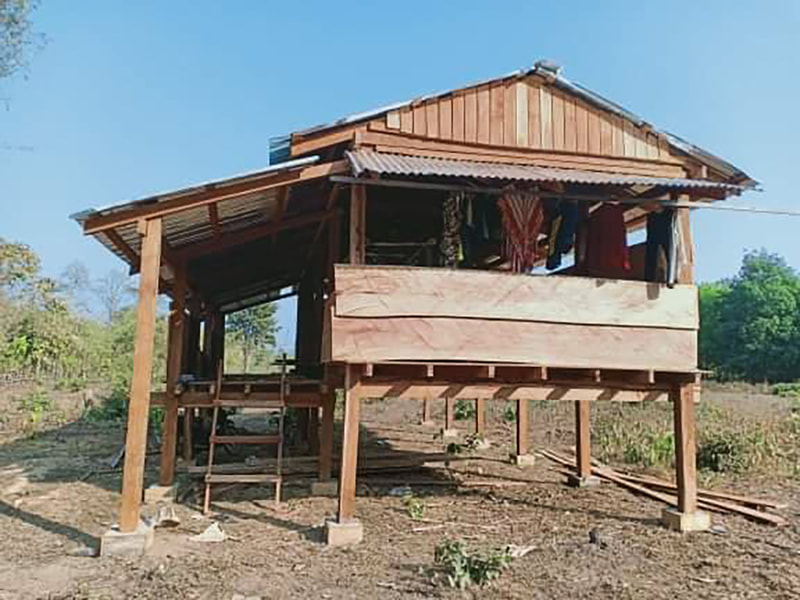
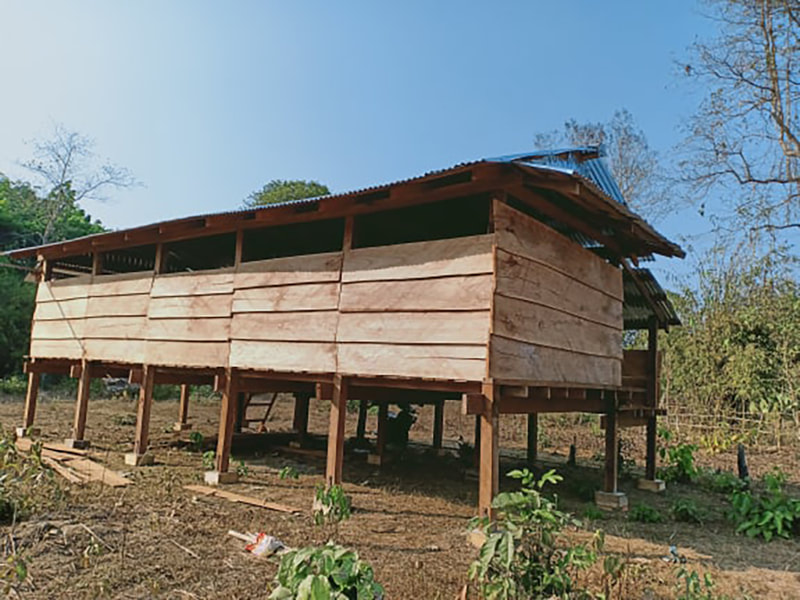
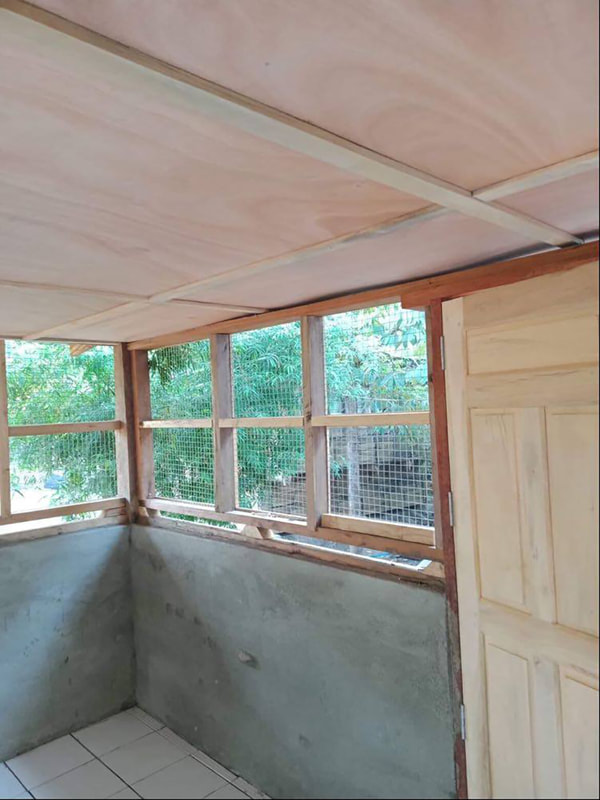
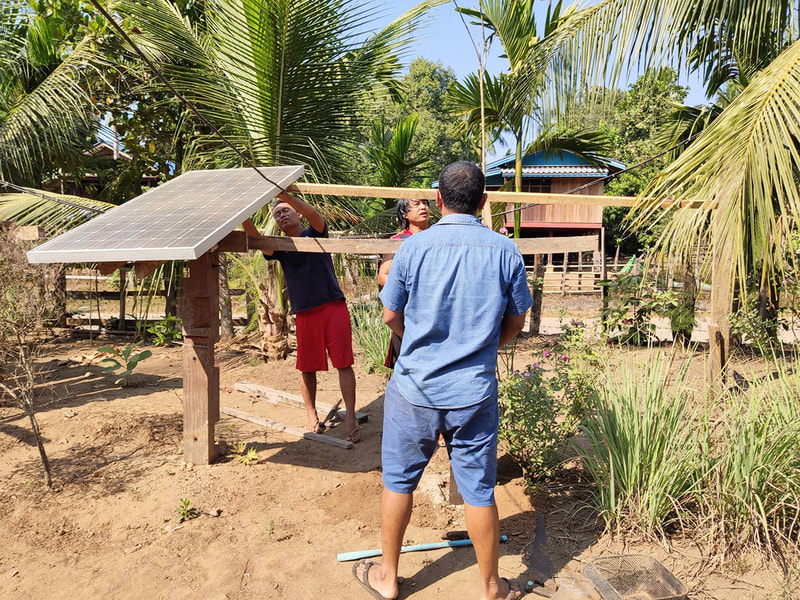
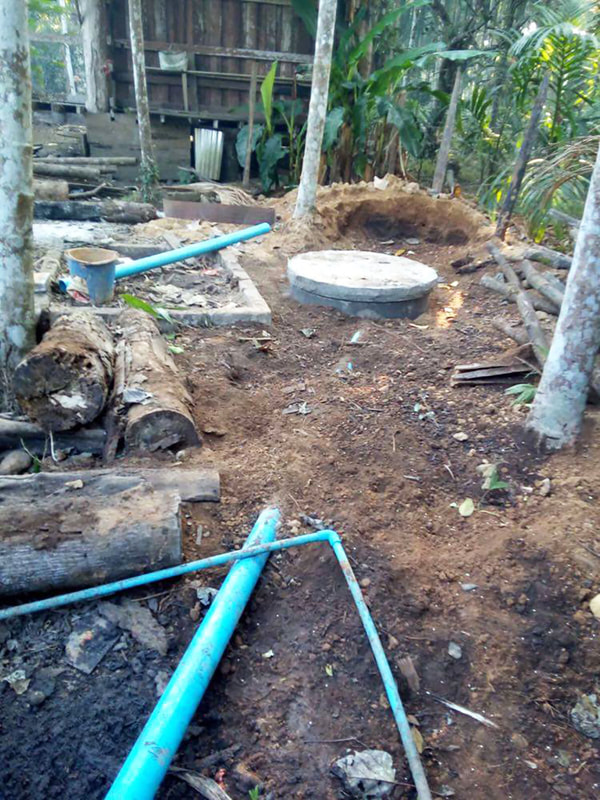
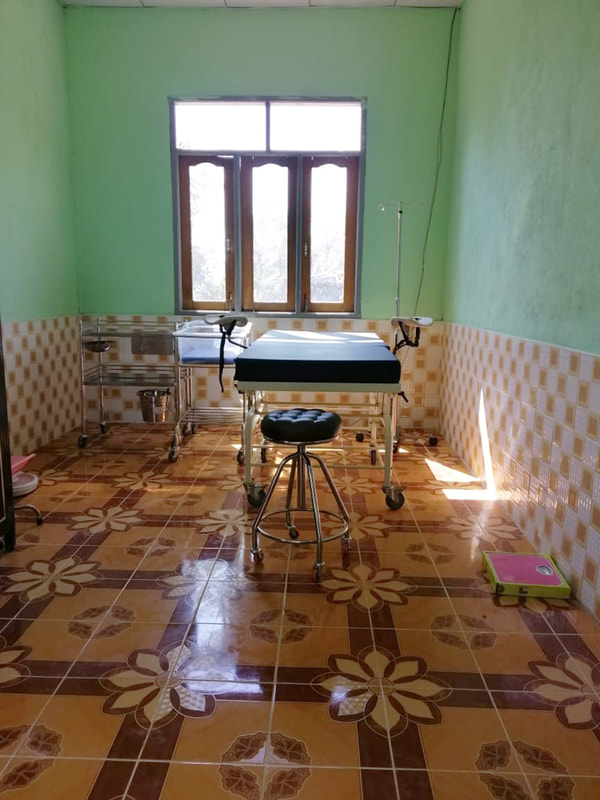
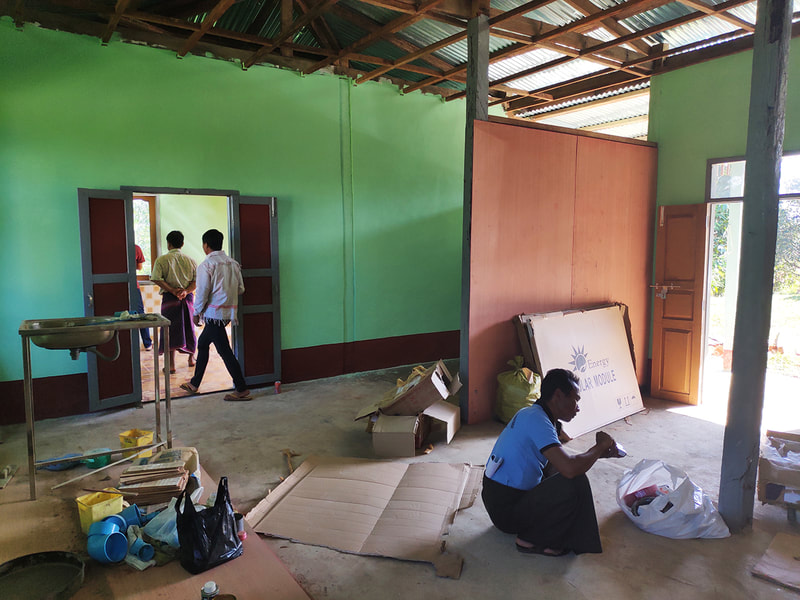
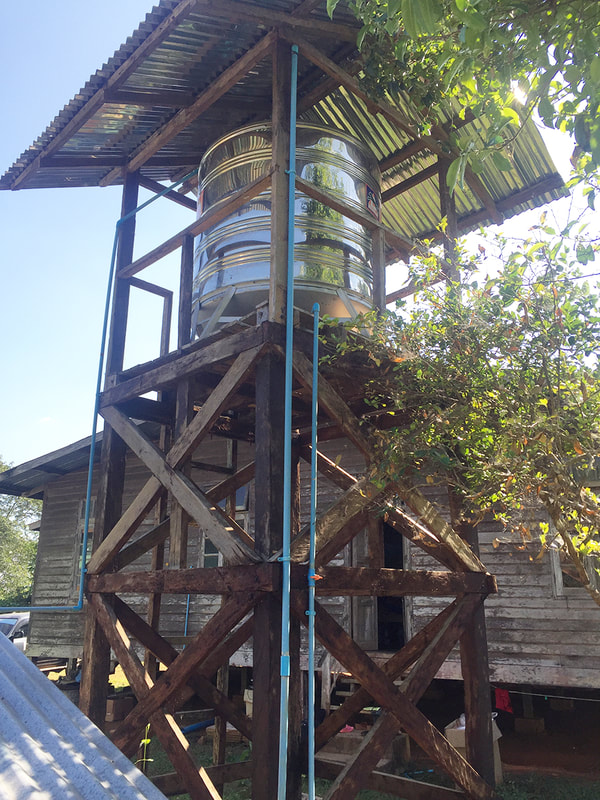
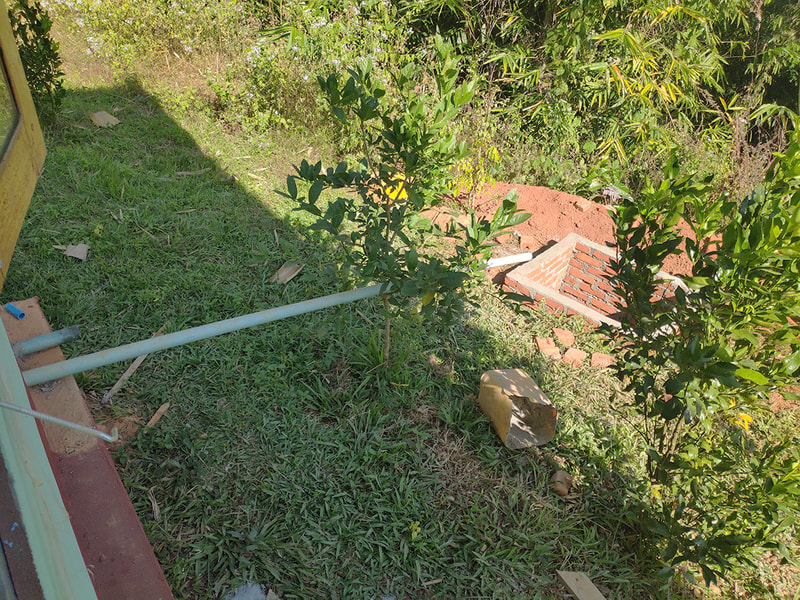
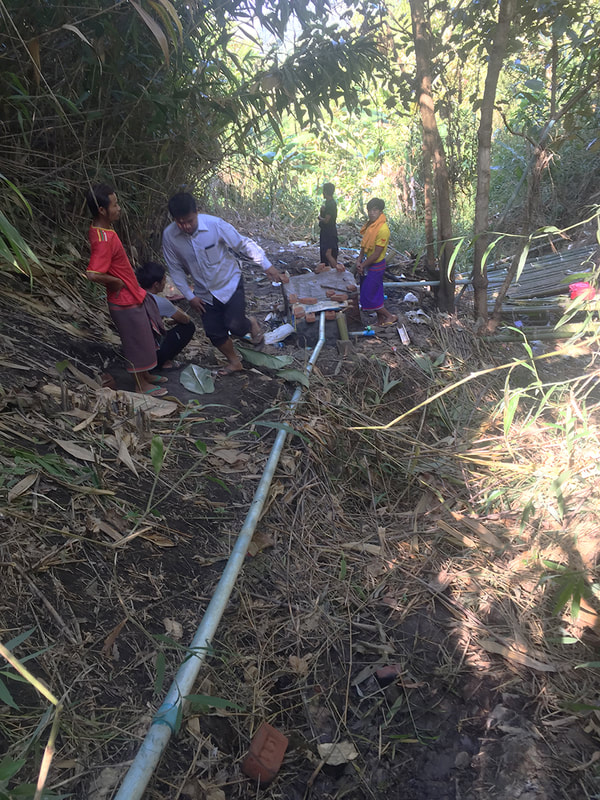
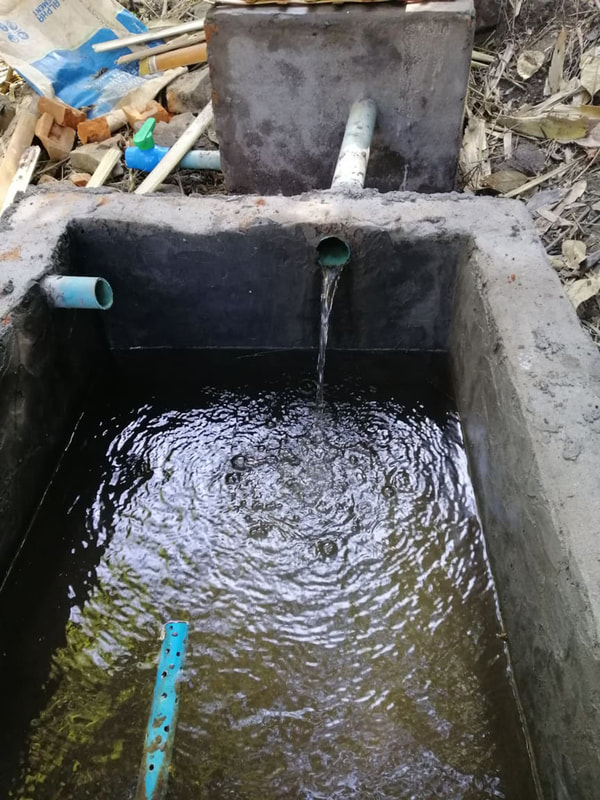
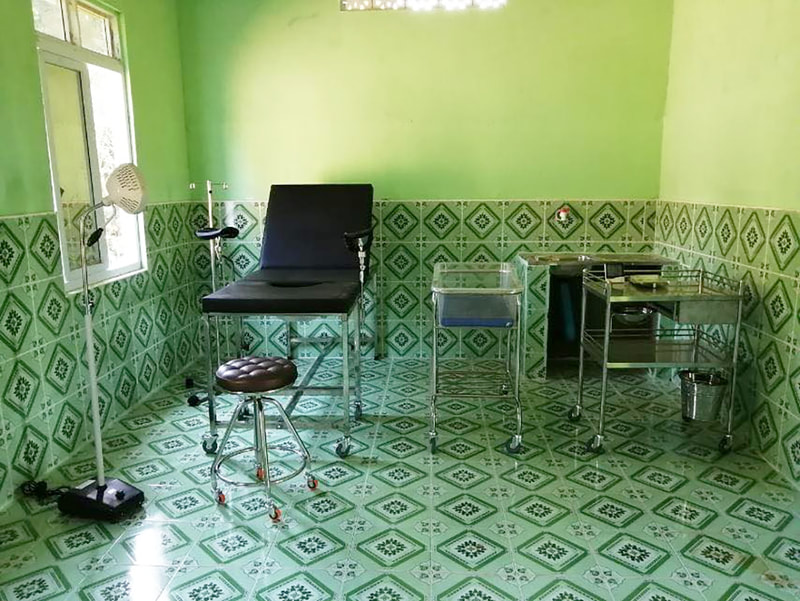
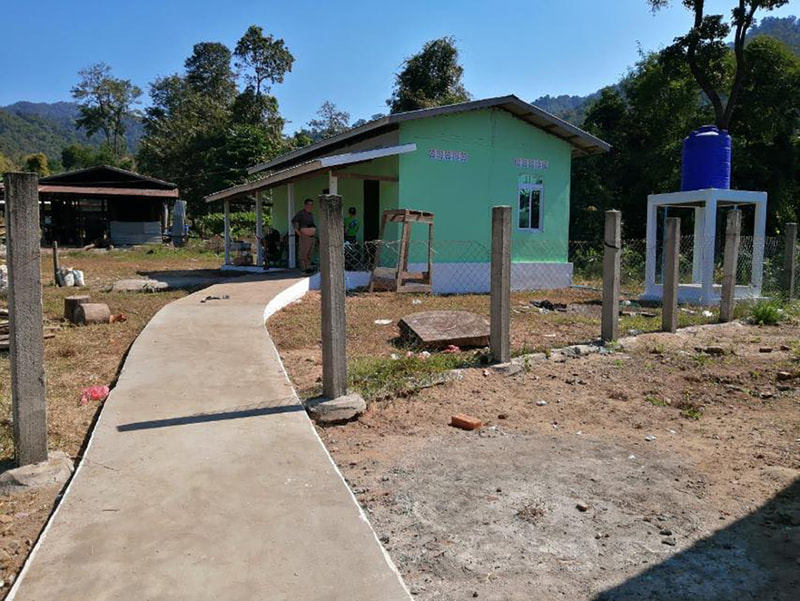
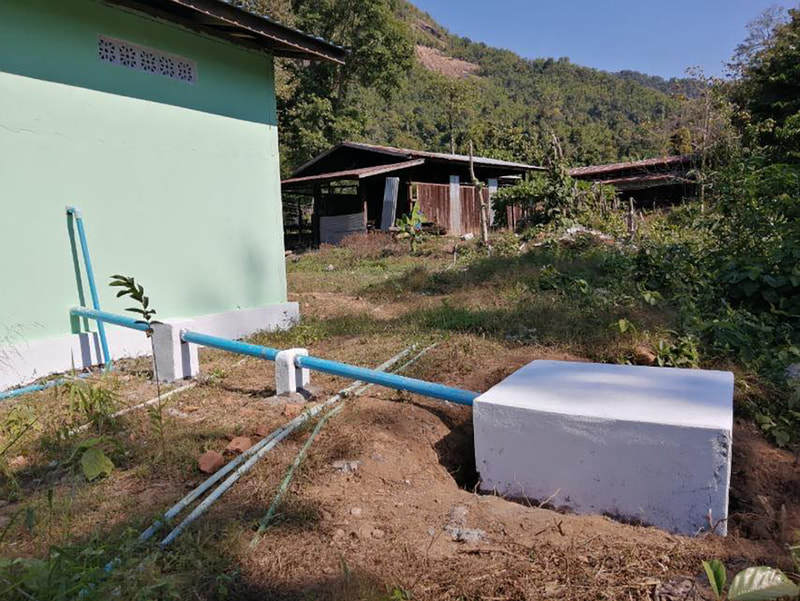
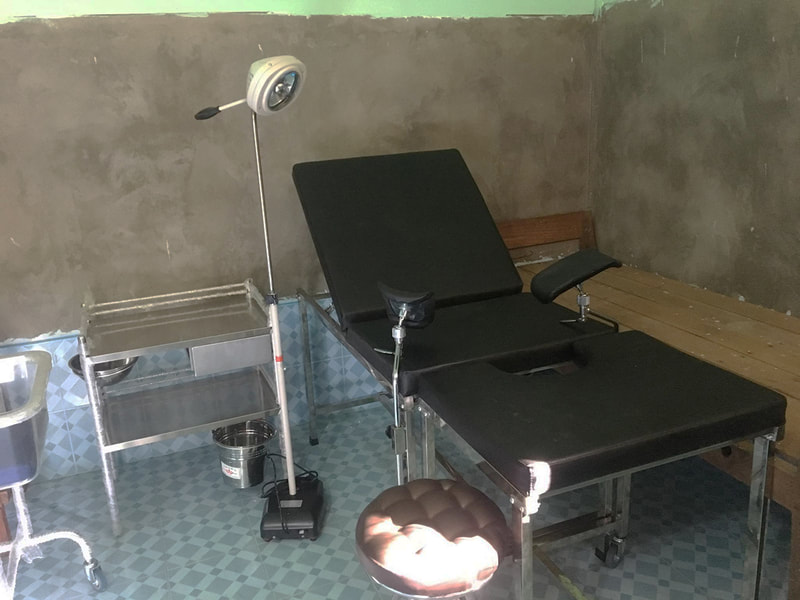
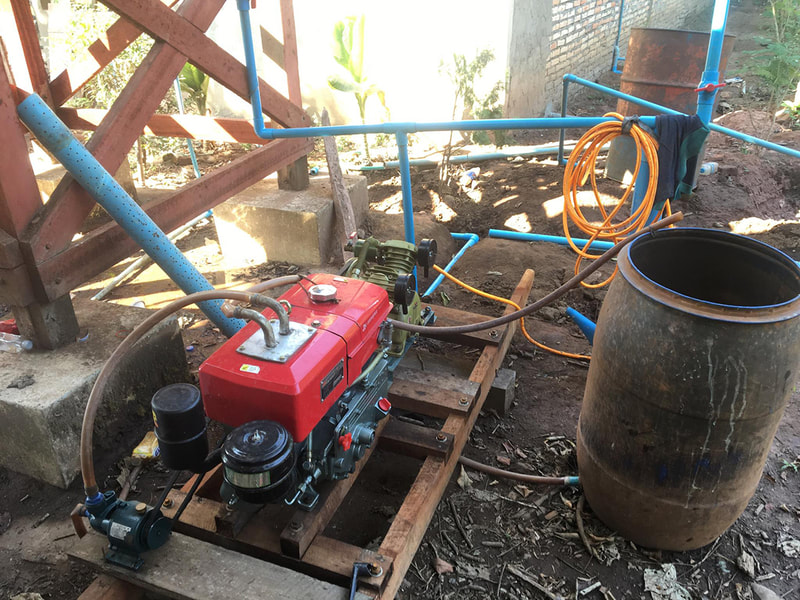
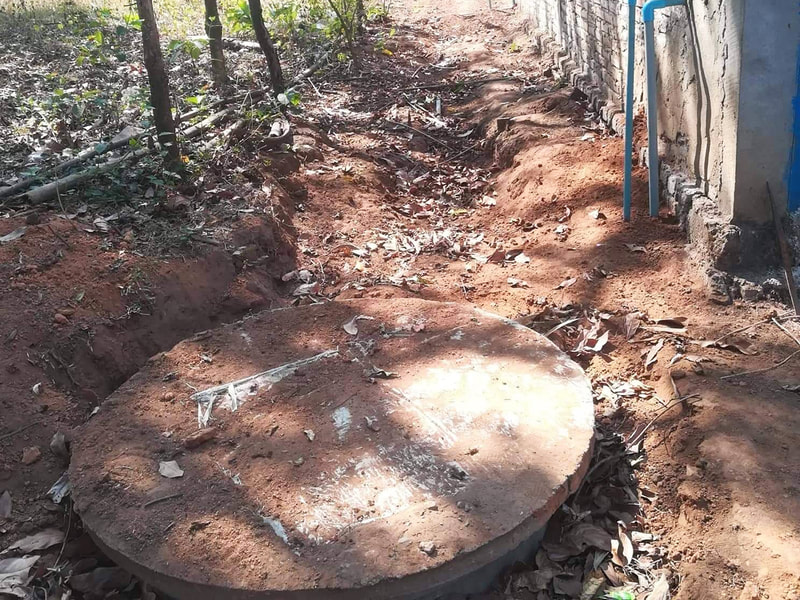
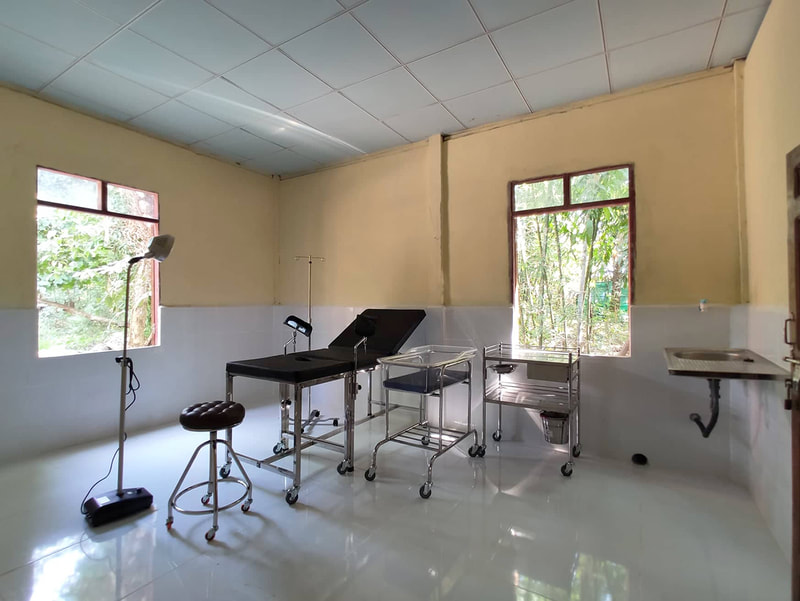
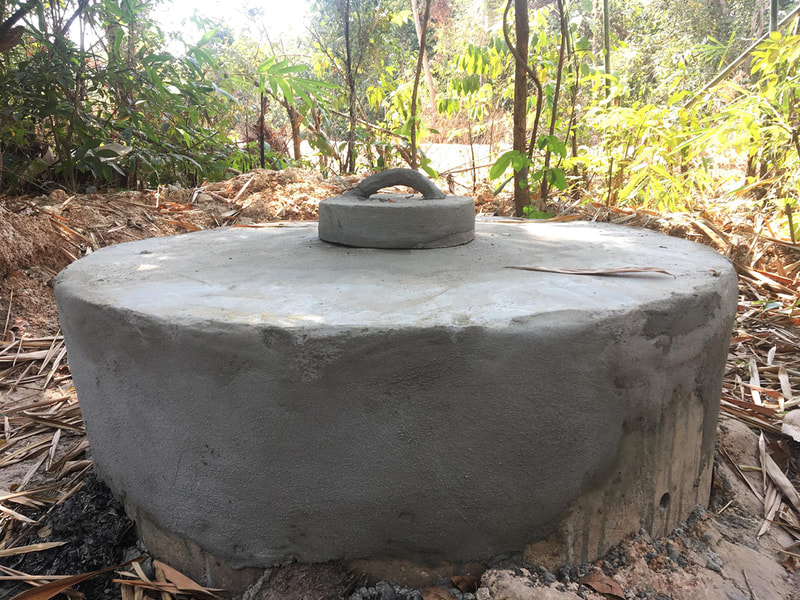
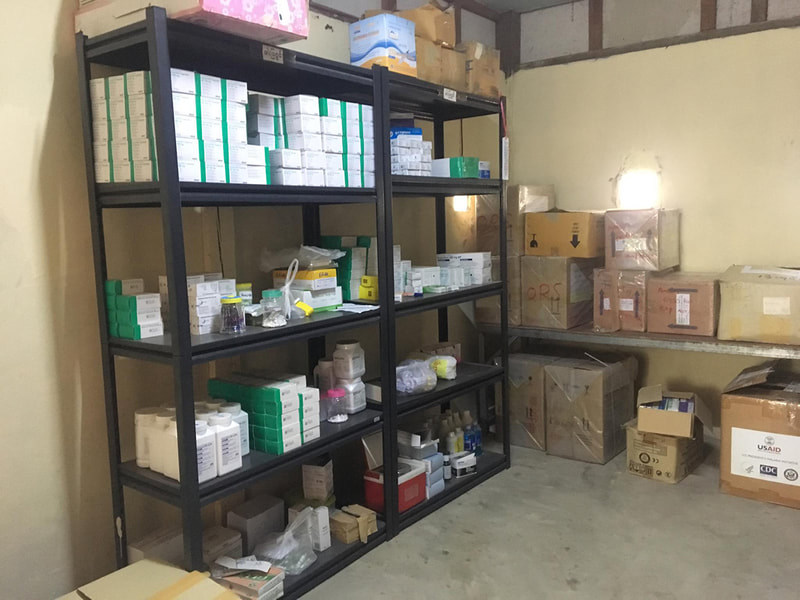
 RSS Feed
RSS Feed
